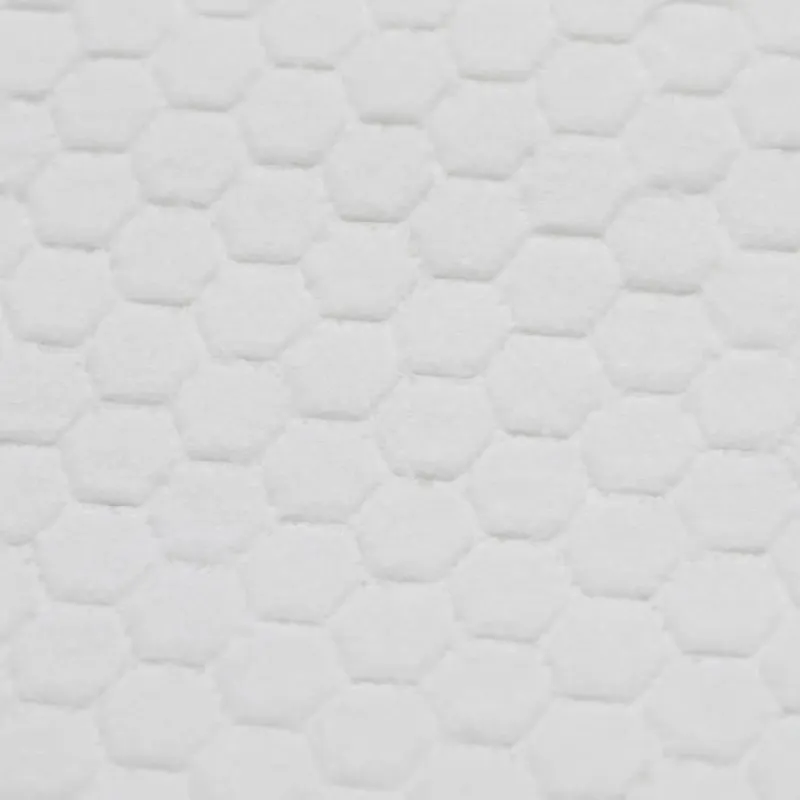
- Afrikaans
- Arabic
- Belarusian
- Bengali
- Czech
- Danish
- Dutch
- English
- Esperanto
- Estonian
- Finnish
- French
- German
- Greek
- Hindi
- Hungarian
- Icelandic
- Indonesian
- irish
- Italian
- Japanese
- kazakh
- Rwandese
- Korean
- Kyrgyz
- Lao
- Latin
- Latvian
- Malay
- Mongolian
- Myanmar
- Norwegian
- Persian
- Polish
- Portuguese
- Romanian
- Russian
- Serbian
- Spanish
- Swedish
- Tagalog
- Tajik
- Thai
- Turkish
- Turkmen
- Ukrainian
- Urdu
- Uighur
- Uzbek
- Vietnamese
Creating a Backyard Turf Soccer Field for Ultimate Play and Fun
Nov . 24, 2024 16:08 Back to list
Creating a Turf Soccer Field in Your Backyard A Comprehensive Guide
In recent years, soccer has surged in popularity across the globe, with millions of fans and players engaging with the sport at all levels. For many, the love of the game extends beyond the pitch, driving them to create spaces where they can practice their skills, host games with friends, or simply enjoy the sport in their free time. One of the best ways to do this is by installing a turf soccer field in your backyard. Here’s a comprehensive guide on how to successfully create your own turf soccer field.
Why Choose Turf?
When considering your options for a backyard soccer field, you might come across natural grass, but there are several compelling reasons to opt for artificial turf instead. First, turf is incredibly durable. It can withstand heavy foot traffic and various weather conditions without much maintenance. Unlike natural grass, which can become muddy and patchy after rain or wear and tear, turf remains in pristine condition year-round.
Additionally, artificial turf provides a consistent playing surface that mimics the feel of a professional field. This consistency is vital for practicing techniques and skills, as players can rely on the turf to respond predictably, whether they are passing, shooting, or dribbling.
Planning Your Space
Before diving into the installation process, it’s essential to assess your yard and plan your soccer field carefully. Start by considering the dimensions you can dedicate to your field. A full-size soccer field measures 100-130 yards in length and 50-100 yards in width, but if space is limited, you can create a smaller version, such as a mini field or a simple practice area.
When planning, you should consider the following factors
1. Location Choose a flat area that receives adequate sunlight and is away from trees and large structures that may obstruct play. 2. Size Depending on available space, you can opt for dimensions that suit your needs; a common backyard size is approximately 30 yards by 20 yards. 3. Surroundings Ensure the field is surrounded by a safe area, free from obstacles that could cause injury during play.
Preparing the Ground
Once you’ve mapped out your field, the next step is to prepare the ground
. Here’s a simple breakdown of the preparation processturf soccer field in backyard

1. Clear the Area Remove any grass, rocks, and debris from the designated field space. You will want a clean surface for the turf installation. 2. Level the Ground Use a rake or a leveling tool to ensure the ground is even. This prevents water pooling and ensures a smooth playing surface. 3. Install a Base Layer To provide adequate drainage and stability, lay down a base layer of crushed stone or gravel. A depth of about 3-4 inches is recommended.
Installing the Turf
With the ground prepared and your materials ready, it’s time to install the turf. There are several steps involved
1. Choose the Right Turf Select a high-quality soccer turf that is designed for sports use. Look for options with a shorter pile height for better ball control and durability. 2. Roll Out the Turf Begin by rolling out the turf over the prepared ground, ensuring that the seams align properly. You may need multiple rolls to cover the entire area. 3. Cut and Shape Use a sharp utility knife to cut the turf to fit your designated area, making sure to leave room for any desired markings or boundary lines. 4. Secure the Turf Attach the turf securely using stakes or adhesive, depending on the product you’ve chosen. Ensure that the edges are well-fitted to avoid any lifting during play.
Adding the Finishing Touches
To complete your turf soccer field, consider adding some finishing touches that can enhance the play experience. Install goalposts at either end to set definite boundaries for team play. You can purchase portable goalposts or build your own using PVC piping.
Additionally, think about field markings to delineate the goal area, corner kicks, and center circle. While traditional paint can be used, specialized turf paint is available that will not damage the surface.
Maintenance and Upkeep
Although turf fields require less maintenance than natural grass, they are not maintenance-free. Regularly check for debris, rinse the surface to remove dust or dirt, and ensure the fibers remain upright by brushing them occasionally.
Conclusion
Creating a turf soccer field in your backyard can be a rewarding project that enhances your home’s outdoor space and fosters a love for soccer. By following this guide, you’ll have a functional and enjoyable field that not only provides a place for play but also promotes fitness and community engagement. So gather your friends, practice your penalty kicks, and enjoy the beautiful game right at home!
-
The Benefits of Artificial Turf for Indoors
NewsJul.15,2025
-
How Artificial Grass Suppliers Ensure Quality Products
NewsJul.15,2025
-
Artificial Grass and Pets: A Space for Relaxation
NewsJul.08,2025
-
Balcony & Outdoor Decoration with Artificial Grass
NewsJul.08,2025
-
Best Indoor Artificial Grass for Home
NewsJul.07,2025
-
Best Pet Turf for Dogs: Safe & Durable Artificial Grass Options
NewsJul.07,2025
Products categories









